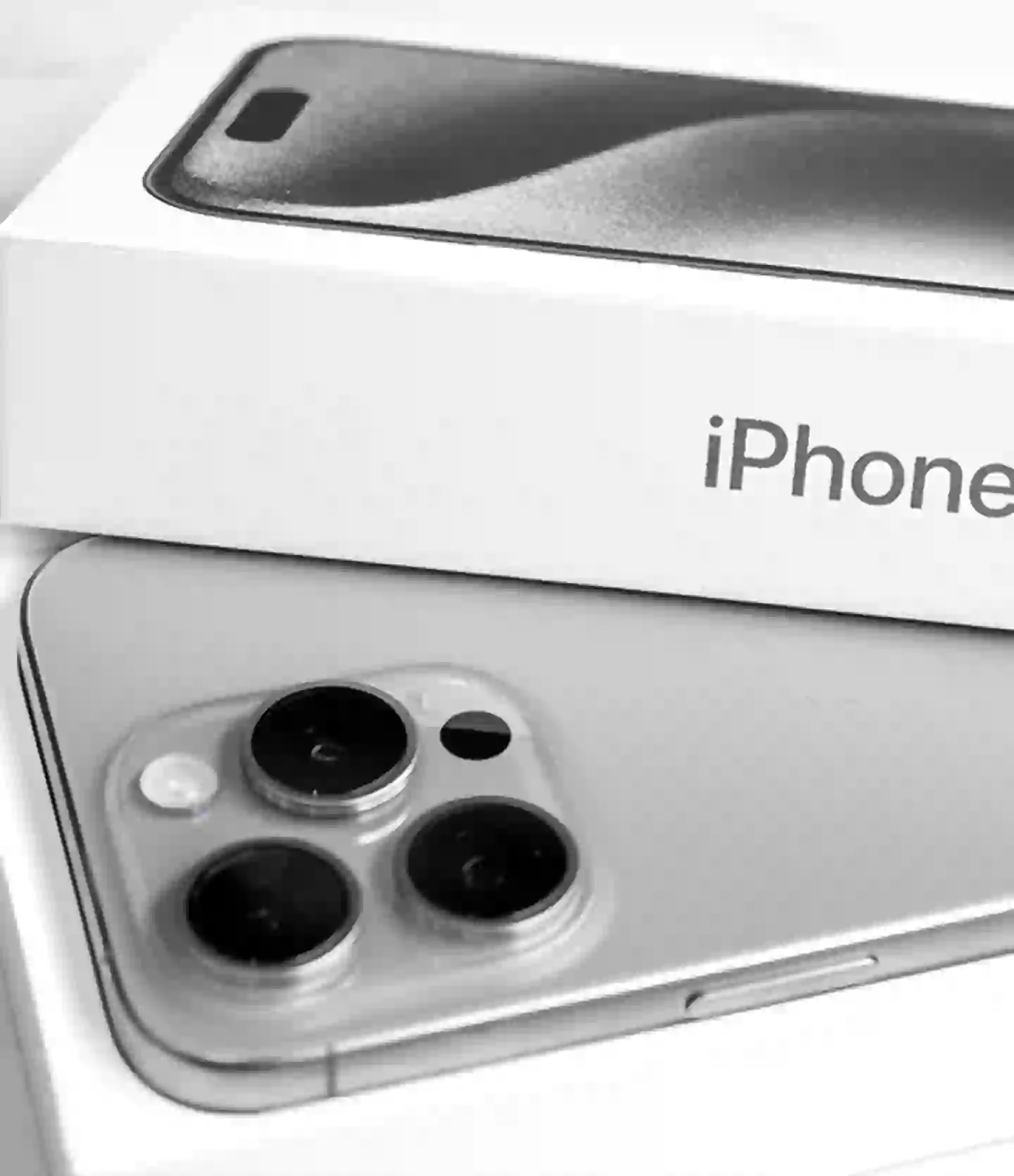
Apple has settled a major lawsuit, meaning that plenty of people might be eligible for a payout.
The giant tech company settled out of court for $35 million in a class-action lawsuit about material defects in certain iPhone models.
It means that anyone who owned an Apple iPhone 7 or 7 Plus anytime between 16 September 2016 and 3 January 2023 might be able to get up to $349 back from Apple.
Advert
However, the money is only available if you owned one of those phones and complained about audio problems. If you then paid for repairs out of your own pocket, you'll be eligible for a potentially bigger claim, all of which narrows things down a whole bunch.
On top of that, $349 is just the maximum you can claim - the amount you'll be able to get back depends on how much you paid for your repairs.

The lawsuit against Apple was all about the "failure of the audio integrated circuit" in those iPhone 7 models, and it alleged that Apple concealed "a material defect that ultimately causes iPhone audio features to become unresponsive and fail of their essential purpose as smartphones".
Advert
Apple hasn't admitted any fault in the settlement, so that claim now doesn't go down as proven, but it has opened up this compensation scheme.
So, what are the terms? Well, again - if you owned an iPhone 7 or 7 Plus between 16 September 2016 and 3 January 2023 and complained about the audio to Apple, you're eligible.
If you didn't have any repair work done, you can get a $125 payment, while those who did pay for repairs can get between $50 and $349 depending on how much they paid for that work.
Since these repairs were completed by Apple itself (third-party repairs aren't eligible), you don't need to dig up a receipt, as Apple should still have a record of it.
Advert

The deadline to submit a claim is 3 June 2024, so you don't have too long, with a final hearing date set for 18 July 2024.
The good news, though, is that you shouldn't have to go searching for the right place to submit a claim - people who are eligible should be contacted by Apple automatically.
Many of them already have, in fact, and after verifying your identity with a code, Apple should offer the choice of payment methods for the money.
Advert
You can find out more about the class action, though, and read the relevant documentation and forms, at the action's website here.
This all applies only to those in the US, meanwhile, as the lawsuit doesn't carry over into international jurisdictions, but it's a reminder that these class actions do sometimes come up trumps with impressive results.